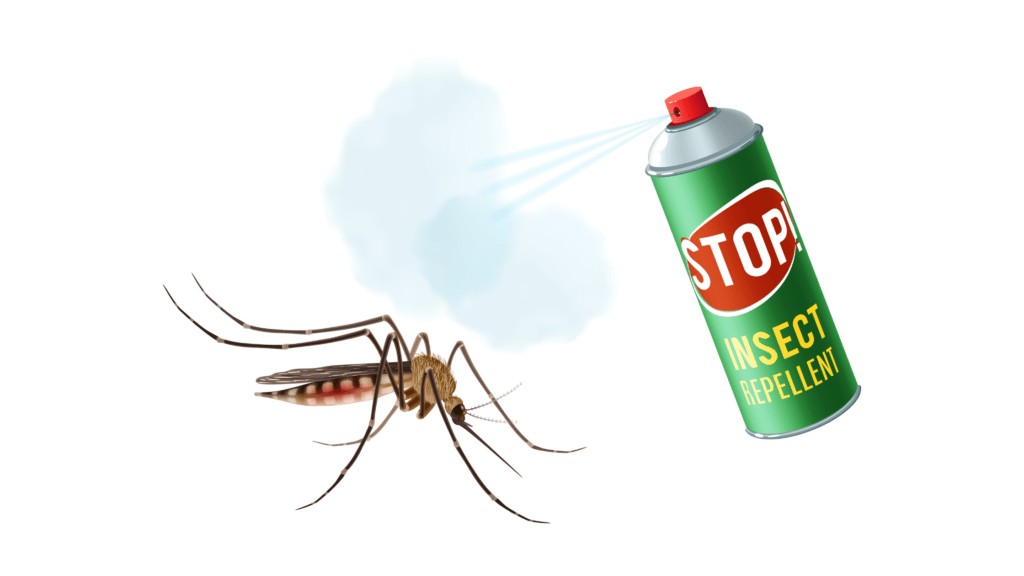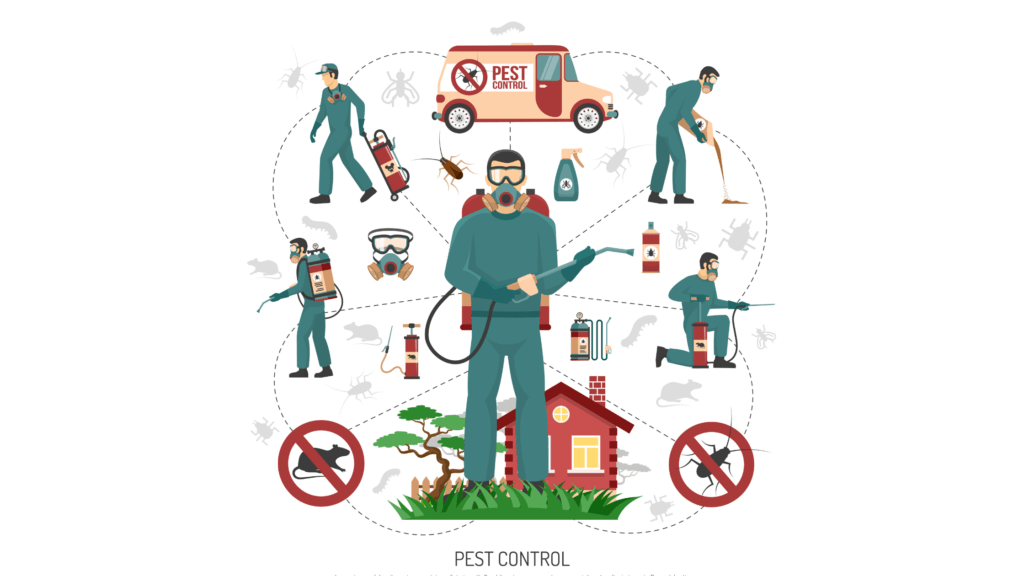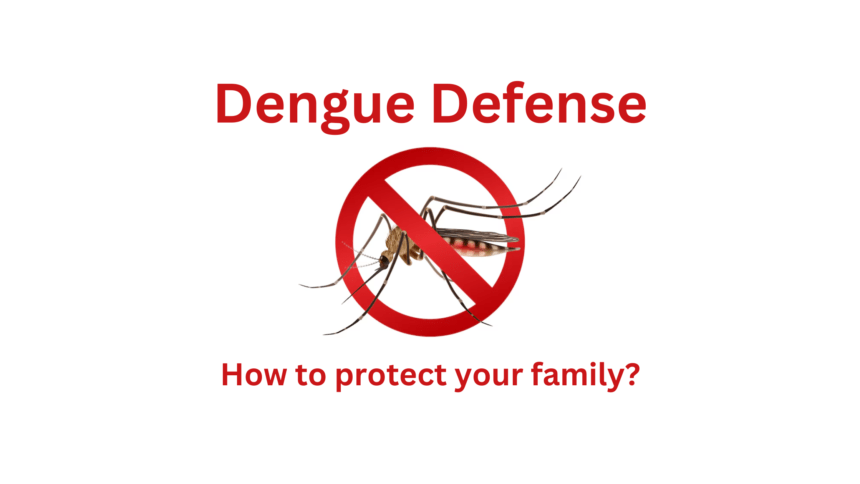Introduction
Dengue fever, a mosquito-borne viral disease, poses a significant health threat in many tropical and subtropical regions. Its rapid spread and severe symptoms make it a pressing concern for families and communities alike. Protecting your family from dengue fever involves proactive measures and informed practices. Here are ten essential tips to help you safeguard your loved ones against this debilitating illness.
Understanding Dengue Fever
What is Dengue Fever?
Dengue fever is a viral infection caused by the dengue virus, which is transmitted to humans through the bite of infected Aedes mosquitoes. These mosquitoes are typically active during the day, with peak biting periods early in the morning and before dusk.
Transmission of Dengue Virus
The primary vectors of dengue are Aedes aegypti and Aedes albopictus mosquitoes. When a mosquito bites a person infected with the dengue virus, it becomes a carrier. Subsequent bites can transmit the virus to healthy individuals, perpetuating the cycle of infection.
Symptoms of Dengue Fever
Symptoms of dengue fever include high fever, severe headache, pain behind the eyes, joint and muscle pain, rash, and mild bleeding. In severe cases, it can lead to dengue hemorrhagic fever or dengue shock syndrome, both of which can be fatal if not promptly treated.
The Importance of Prevention
Preventing dengue fever is crucial because there is no specific treatment for the disease. Prevention strategies focus on avoiding mosquito bites and reducing mosquito populations in and around living spaces.
Preventive Tip 1: Eliminate Standing Water
Why Standing Water is a Breeding Ground
Standing water provides an ideal breeding ground for Aedes mosquitoes. These mosquitoes lay their eggs in stagnant water, which hatch into larvae and eventually mature into adult mosquitoes, ready to spread the virus.
How to Identify and Remove Standing Water
Regularly inspect your surroundings for potential mosquito breeding sites. Empty, clean, or cover containers that can hold water, such as flower pots, buckets, and bird baths. Ensure that gutters are not clogged and that water storage tanks are sealed.

Preventive Tip 2: Use Mosquito Repellents
Types of Mosquito Repellents
Mosquito repellents come in various forms, including sprays, creams, and lotions. DEET, picaridin, and oil of lemon eucalyptus are common active ingredients known for their effectiveness in repelling mosquitoes.
Application and Effectiveness
Apply mosquito repellent to exposed skin and clothing, following the instructions on the label. Reapply as needed, especially after sweating or swimming. Repellents can significantly reduce the likelihood of mosquito bites, thus lowering the risk of dengue fever.
Preventive Tip 3: Install Mosquito Screens
Benefits of Mosquito Screens
Mosquito screens on windows and doors act as a physical barrier, preventing mosquitoes from entering your home. This simple yet effective measure can drastically reduce indoor mosquito populations and protect your family from bites.
Installation Tips
Ensure that screens are properly installed and free of holes or tears. Regularly check and repair any damage to maintain their effectiveness. For added protection, consider using insecticide-treated screens.
Buy Mosquito Scree for Door and Windows
Preventive Tip 4: Wear Protective Clothing
Suitable Clothing Materials
Wearing long-sleeved shirts, long pants, socks, and shoes can help protect your skin from mosquito bites. Light-colored clothing is preferable, as it is less attractive to mosquitoes compared to dark colors.
When and Where to Wear Protective Clothing
Wear protective clothing during peak mosquito activity times, such as early morning and late afternoon. This is especially important when spending time outdoors or in areas with dense vegetation.
Preventive Tip 5: Use Mosquito Nets
Types of Mosquito Nets
Mosquito nets can be either untreated or treated with insecticides. Insecticide-treated nets provide an additional layer of protection by killing or repelling mosquitoes that come into contact with the net.
Proper Usage and Maintenance
Hang mosquito nets over sleeping areas, ensuring they are tucked under mattresses or secured properly. Regularly inspect nets for holes and repair any damage. Wash nets as recommended to maintain their effectiveness.
Preventive Tip 6: Maintain Clean Surroundings
Importance of Cleanliness in Dengue Prevention
A clean environment reduces the chances of mosquito breeding and helps prevent the spread of dengue fever. Regular cleaning and maintenance of your surroundings can significantly impact mosquito control.
Tips for Keeping Your Environment Clean
Dispose of trash properly and avoid littering. Clear debris from your yard and maintain vegetation to prevent mosquitoes from finding resting places. Regularly clean and scrub water storage containers to remove any mosquito eggs.

Preventive Tip 7: Educate Your Family
Importance of Awareness
Educating your family about dengue fever and its prevention is crucial. Awareness leads to better practices and collective efforts in keeping the home environment safe from mosquitoes.
Effective Ways to Educate
Use engaging methods to share information, such as interactive sessions, pamphlets, and online resources. Encourage family members to actively participate in preventive measures and discuss the importance of each step.
Preventive Tip 8: Seek Early Medical Attention
Recognizing Early Symptoms
Early detection of dengue fever can lead to timely medical intervention and better outcomes. Be aware of symptoms like high fever, severe headache, joint pain, and rash, and seek medical advice if these appear.
Importance of Timely Medical Intervention
Prompt medical attention can prevent complications and reduce the severity of the disease. Early diagnosis and appropriate care are essential in managing dengue fever effectively.
Preventive Tip 9: Support Community Efforts
Community Clean-Up Drives
Participating in community clean-up drives can help eliminate potential mosquito breeding sites on a larger scale. Collective efforts can lead to significant improvements in public health and safety.
Participating in Awareness Campaigns
Join local awareness campaigns to spread information about dengue fever prevention. Community involvement amplifies the reach and impact of educational initiatives, fostering a safer environment for everyone.
Preventive Tip 10: Use Natural Remedies
Effective Natural Repellents
Natural repellents, such as citronella, neem oil, and eucalyptus oil, can be effective in deterring mosquitoes. These alternatives are often preferred for their minimal environmental impact and safety.
Benefits and Precautions
While natural remedies can be effective, they may require more frequent application. It’s important to ensure that they are used correctly and consistently to achieve the desired protective effect.
Government and Health Organization Roles
Government Initiatives
Government programs play a critical role in controlling dengue fever. These initiatives often include public education campaigns, mosquito control measures, and research funding to combat the disease.
Contributions of Health Organizations
Health organizations contribute by providing guidelines, resources, and support for dengue prevention and treatment. Their efforts are essential in coordinating responses and ensuring effective disease management.

Conclusion
Recap of Key Points
Preventing dengue fever requires a multifaceted approach, involving both individual and community efforts. By eliminating standing water, using mosquito repellents, installing mosquito screens, wearing protective clothing, using mosquito nets, maintaining clean surroundings, educating your family, seeking early medical attention, supporting community efforts, and using natural remedies, you can significantly reduce the risk of dengue infection.
Final Thoughts and Encouragement
Dengue fever is a formidable adversary, but with vigilance and proactive measures, it is possible to protect your family and community from its impact. By adopting these preventive tips and fostering a culture of awareness and cooperation, we can create a safer, healthier environment for everyone. Stay informed, stay prepared, and take action to keep dengue at bay.
For more content follow Humstory













